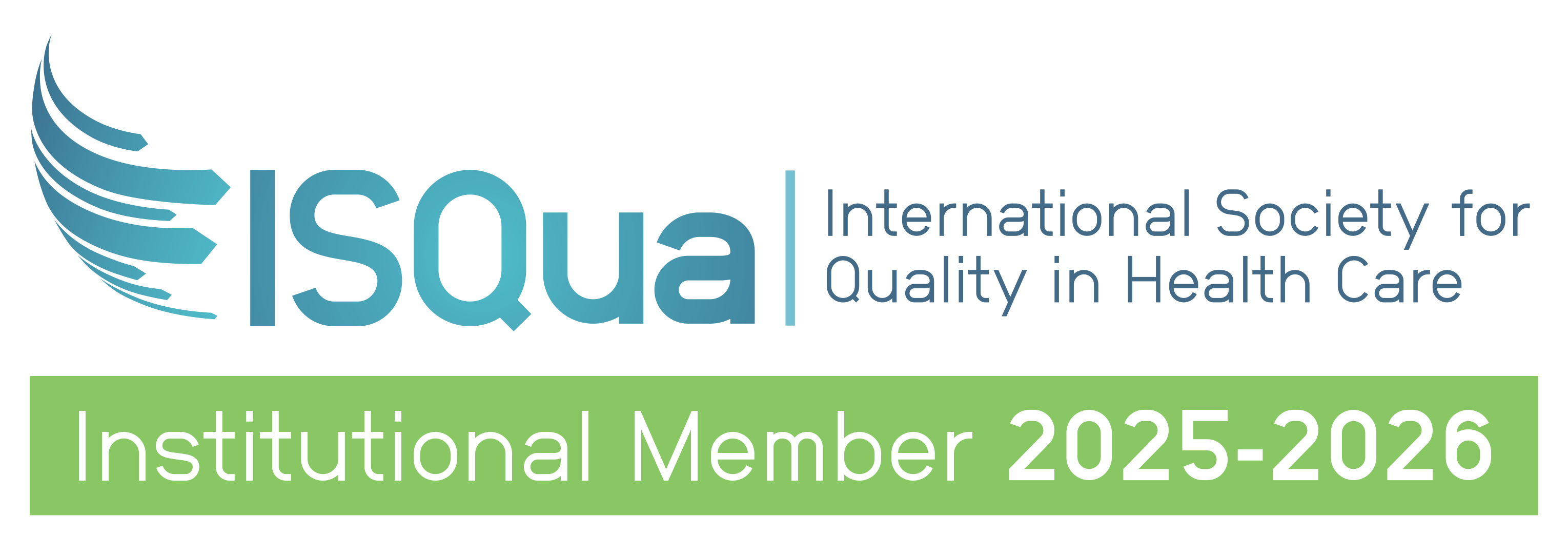
QI In Action: Improving the ways we collect consumer feedback
We spotlight QIL Participant, Ms Kathy Kinrade’s successful QIL project, which improved the management of consumer feedback at Bairnsdale Regional Health Service, enhancing both response times and overall quality of care.
The Quality Improvement Lead (QIL) Program is a 9-month training course run by the ACHS Improvement Academy, supporting participants in implementing quality improvement projects within their own organisations.
Ms Kathy Kinrade, Director Quality and Education from the Bairnsdale Regional Health Service (BRHS) worked on a project, titled ‘Consumer feedback: Not meeting the expectations of anyone’, that aimed to streamline feedback management across the organisation. BRHS is a subregional service catering to the acute, subacute, community, and aged care needs of East Gippsland, Victoria.
Project Background
Consumer feedback was received from several avenues at the BRHS but there was room for improvement. Concerns from the Board of Directors and the Chief Executive Officer about the untimely acknowledgment and response to feedback by the Quality and Safety Unit prompted a structural review in 2021.
The aim of this project was to ensure all feedback is captured in one data system, allowing oversight of the key performance indicators: that all feedback is acknowledged within three business days; and all complaints, excluding complex issues, are closed within 30 working days.
Assessing the Current State of Consumer Feedback Management at BRHS
It is the right of healthcare consumers to have concerns addressed in a transparent and timely way. Furthermore, the Clinical Governance Standard requires that processes are in place to ensure that complaints are received, reviewed and resolved in a timely manner.
Assessing the current state of feedback management included monitoring of rates of feedback acknowledged within three business days and closure of complaints, excluding complex issues, within 30 days.
Qualitative feedback was sought from staff and consumers to understand current processes of how feedback was given.
The initial assessment revealed that 16 feedback items had not been answered or entered into the Riskman system over a three-month period from January to March 2021. With an average of 20 feedback items received per month, this represented approximately 10% of the total.
Implementing a Strategy for Enhanced Feedback Management
The first steps of the action plan involved removing the extra reporting databases and using Riskman as the source of truth for all feedback, which was to be entered by the Quality Team on the day of receipt. Education on Riskman was provided for all executive assistants, with excellent uptake by this group.
Next was the review of the entry points for feedback. The primary feedback brochure was rewritten to ensure it was consumer-focused and that the health literacy level was appropriate. A single email address for receiving feedback was created, replacing prior duplicates.
Improvement systems were introduced in the Quality Unit to ensure the quality of the feedback process and that performance indicators were met. A template response was implemented for acknowledgement and as a base for feedback letters, and an investigation template was introduced to assist managers. A visibility board and daily staff meetings were initiated to monitor feedback progress. A review of the reporting template for the Executive and Board meetings was undertaken to ensure the correct information was provided to meet their needs.
The last step involved a survey of consumers to ensure it is user-friendly and meets their expectations.
Improved Outcomes of System Enhancements on Complaint Resolution
The project was a demonstrated success. Both quantitative and qualitative data and feedback have been positive regarding the improvements implemented. The performance indicator of acknowledgement has been met every month since July (Figure 1). The rate of closing feedback within the 30-day timeframe has improved, with a high level of work completed to close outstanding complaints in July (Figure 2). The strategy implemented allowed the system shortfalls to be addressed and improvements made to enable staff to reach the desired goals, and this was reflected in team morale.
To read the full report please check it out on p23 of the QIL Project Summaries Booklet
Explore projects from QIL Program Graduates
You can read more projects like this in the QIL Projects Summary booklet undertaken by QIL 2021-2023 participants over the course of our 9-month program.
The booklet contains summaries of real work-based improvement projects across various healthcare categories including acute healthcare, community, drug and alcohol services, partnering with consumers and more. The Project Summaries 2021-2023 booklet is available for viewing here.
Keen to hear more about the QIL Training?
Our next QIL Training Program will start in February 2025. Click here to view full details.

